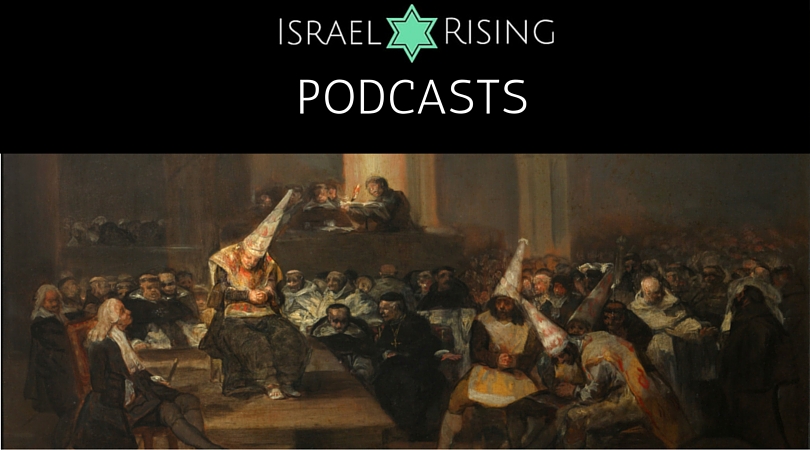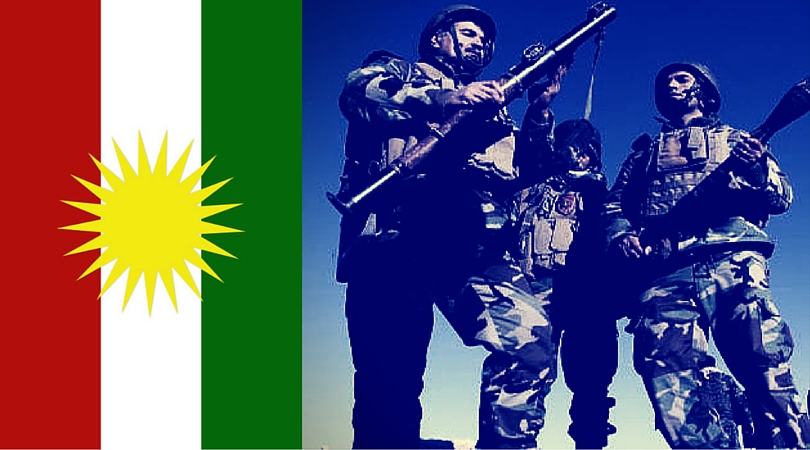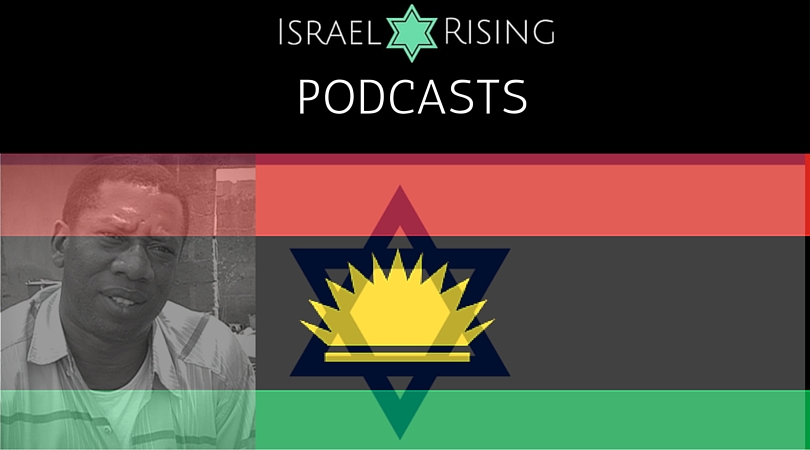Israel’s interest in becoming one of the leading partners in Sub Saharan Africa is no secret. From both a common interest in fighting against radical Islam as well as infrastructure development specifically in the field of agritech.
“I call upon Israeli businessmen and women to head to Kenya and take advantage of the conducive investment climate prevailing,” Kenyan President Uhuru Kenyatta said during this week’s visit in Israel. “Kenya and Israel have learned much, and have much to share in these experiences. In this regard, we look forward to forging even stronger relations and cooperation in ensuring safety and security of our peoples.”
Although we see growing cooperation with leading forces in Africa like Kenya, Nigeria, and Ethiopia, Rwanda has become perhaps the most integral to Israel’s overall connection to the continent. Small, but influential, Rwandans see their genocide in 1990’s as comparable to the Holocaust. The country has emerged from the destruction to be one of the leading voices in modernization and innovation.
One example of cooperation and Israel’s ability to massively improve Rwanda, is Energiya Global’s massive solar field in Rwanda. The field’s construction started in 2014 and will power 8% of Rwanda.
Yosef Abramowitz, CEO of Energiya Global and Gigawatt Global said at the time, “It’s phenomenal for Rwanda because our energy is much cheaper than diesel. And then obviously we will get support from the youth village in charitable fundraising to give them the benefit of training. This way, graduates of the village will be able to spread the knowledge of bringing solar power all over Rwanda and then East Africa.”
Energiya’s project’s are just one example. This month, Rwanda has given the green light to Israeli investors to establish an agricultural training center. Besides that, increased interaction between hitech hubs in both countries are beginning to happen.
Besides technology, Rwandans believe in and feel very connected to Israel. Most Watutsis (the main tribal group in Rwanda) believe they in fact originate from Israel. Whether that can be substantiated or not, is almost secondary.
At the core of Rwanda’s closeness to Israel, is a shared biblical ethos that solidifies the growing camaraderie. Rwanda like much of Sub Saharan Africa feels connected to the miraculous return of the Jewish people to their land and in many ways are inspired by Israel’s example. Will this provide the basis for a long lasting partnership?
Yes, it clearly already has.




